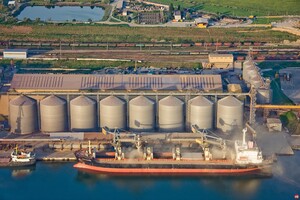War does not automatically cancel previously made business commitments.

One of the most painful issues in the execution of foreign economic agreements regarding the sale of agricultural products is their transportation to the counterparty, writes Margarita Bryanska and Bohdan Yaskiv in the article “< /span>War does not automatically cancel previously made business commitments“.
The main problem is the blockade of Ukrainian seaports, through which almost 90% of exports were carried out. Today, the structure of logistics shows that about 60% of the volume is carried out by rail, 25% by road transport, and the rest by combined methods involving the logistics system of neighboring countries (Romania, Poland, Slovakia, etc.).
As you know, in the field of international trade, the most common framework is the Incoterms rules. The updated Incoterms rules of 2020 no longer provide for the possibility of self-delivery by the buyer of the goods, which is not relevant for agribusiness in general.
Read also: Agribusiness in conditions of martial law: how to solve problems with foreign trade contracts
However, the option of delivery to the terminal or to the carrier's ship in the conditions of the blockade of Ukrainian ports should be implemented impossible, unless we are talking about the ports of Reni and Ismail with limited transshipment capacity.
In fact, Ukrainian farmers, who are parties to foreign economic contracts, are forced to initiate changes to the conditions of previously signed contracts in terms of the method and/or terms of delivery of agricultural products or to terminate such obligations due to the impossibility of their fulfillment in kind.




